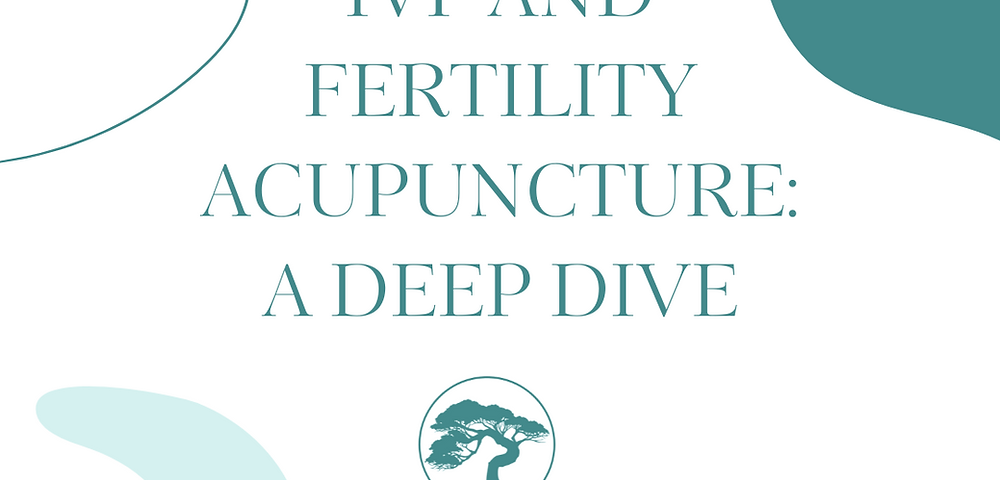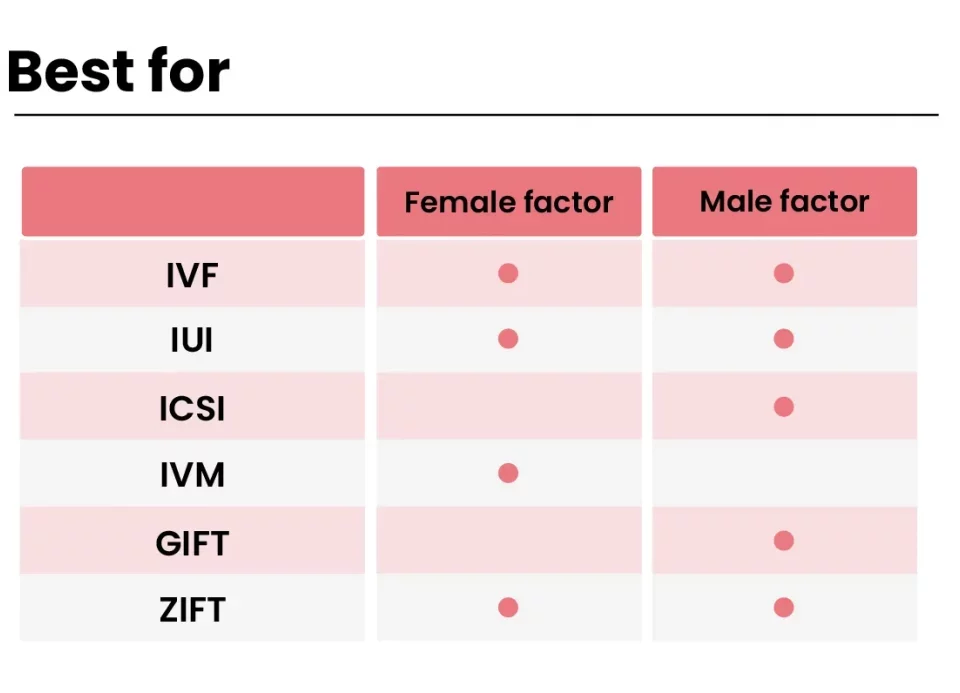
Are Catholics Against IVF? A Deep Dive into Faith, Science, and Family
April 17, 2025
Do Catholics Believe in IVF? A Deep Dive into Faith, Science, and Family
April 18, 2025Why People Choose IVF: A Deep Dive into the Journey of Hope

Why People Choose IVF: A Deep Dive into the Journey of Hope
In vitro fertilization, or IVF, has become a household name for many families dreaming of a baby. Since the first IVF baby was born in 1978, this medical marvel has helped millions turn their hopes into reality. But what drives people to choose IVF? It’s more than just a science experiment—it’s a deeply personal decision shaped by challenges, dreams, and sometimes unexpected twists of life. Whether it’s infertility, a desire to plan the perfect family, or even a way to protect future possibilities, the reasons are as unique as the people who walk this path.
This article takes you beyond the basics. We’ll explore why IVF has become a go-to solution, dive into the latest trends shaping its use in 2025, and uncover some lesser-known angles that don’t always make the headlines. From emotional struggles to cutting-edge science, here’s everything you need to know about why people say “yes” to IVF.
The Big Picture: Infertility and the Need for a Solution
Infertility affects about 1 in 6 people worldwide, according to the World Health Organization. That’s a staggering number—millions of couples who try month after month, only to face disappointment. For many, IVF isn’t just an option; it’s a lifeline. When natural conception doesn’t work, this process—where eggs and sperm are combined in a lab and then placed in the uterus—offers a chance to bypass the roadblocks.
Take Sarah and Mike, a couple in their early 30s. After two years of trying, they learned Sarah had blocked fallopian tubes, a common issue that stops eggs from reaching the uterus. For them, IVF wasn’t about giving up; it was about fighting for their dream. Stories like theirs are everywhere, and they highlight the most common reason people turn to IVF: when biology says “no,” but science says “maybe.”
Research backs this up. A 2023 study from the American Society for Reproductive Medicine found that tubal issues, low sperm count, and ovulation problems account for over 60% of IVF cases. These aren’t rare glitches—they’re hurdles millions face. IVF steps in as a bridge, turning what feels impossible into something tangible.
But it’s not just about fixing problems. Some choose IVF because they want control—over timing, genetics, or even family structure. Let’s break it down.
Beyond Infertility: Planning the Perfect Family
IVFisn’tonlyforthosewhocan’tconceivenaturally.Picturethis:awomaninherlate20s,climbingthecareerladder,notreadyforkidsyetbutworriedaboutherbiologicalclock.ShefreezeshereggsthroughIVF,lockinginherfertilityforlater

